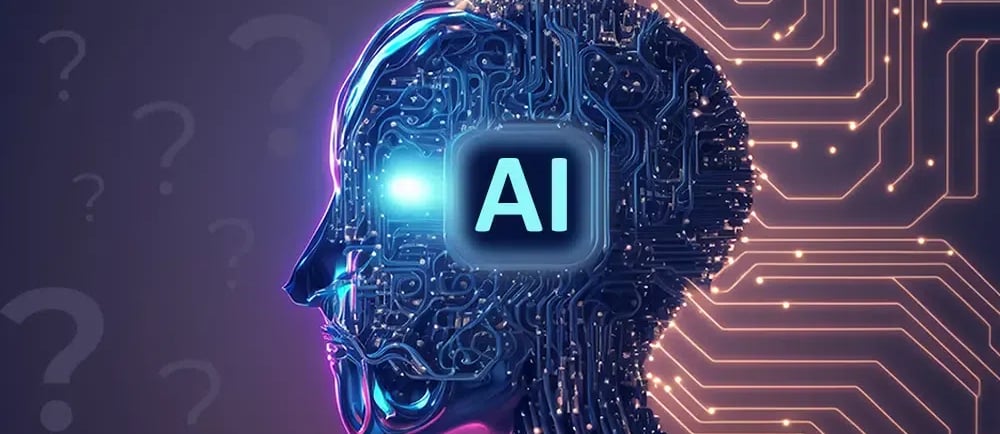The Role of AI in Education: Personalizing Learning and Career Opportunities


Introduction to AI in Education
The integration of artificial intelligence (AI) in education is rapidly transforming the learning landscape. With AI's capacity to adapt to individual needs, it opens doors to personalized learning experiences that enhance student engagement and performance. This technology is not merely a trend; it represents a fundamental shift in how educational content is delivered and consumed.
Personalized Learning Through AI
One of the most significant advantages of AI in education is its ability to provide personalized learning pathways for students. Traditional educational models often adopt a one-size-fits-all approach, which can overlook the unique learning styles, paces, and interests of individual students. AI systems utilize data analytics to assess each student’s performance and preferences, allowing them to tailor educational content accordingly.
For example, platforms powered by AI can analyze a student’s strengths and weaknesses through assessments and interactions. Based on this analysis, the system can recommend specific resources, exercises, or even suggest alternative learning strategies. This not only fosters a more engaging learning environment but also empowers students to take control of their educational journey, ultimately leading to improved academic outcomes.
Impact on Career Options
In addition to personalizing the learning experience, AI in education also plays a vital role in preparing students for future career opportunities. As the job market evolves and the demand for tech-savvy individuals increases, educational institutions are adopting AI-driven tools to better equip their students.
AI can identify emerging skill sets in various industries, providing insights into which careers are on the rise. By integrating this data into curriculums, educational institutions can ensure that students are not only receiving a well-rounded education but also relevant skills that align with market demands. Additionally, AI-powered career guidance platforms help students understand their career prospects based on their competencies and major choices, making informed decisions about their future paths.
Conclusion
The incorporation of AI in education is no longer a futuristic concept; it is an ongoing reality that benefits both students and educators. Through personalized learning experiences, AI caters to individual needs, fostering better comprehension and interest in learning. Furthermore, its role in shaping future career options ensures that education remains connected to real-world applications, preparing students for the challenges of tomorrow’s workforce. As we continue to navigate this technological evolution, embracing AI in education promises to create a more dynamic, responsive, and effective learning environment.
